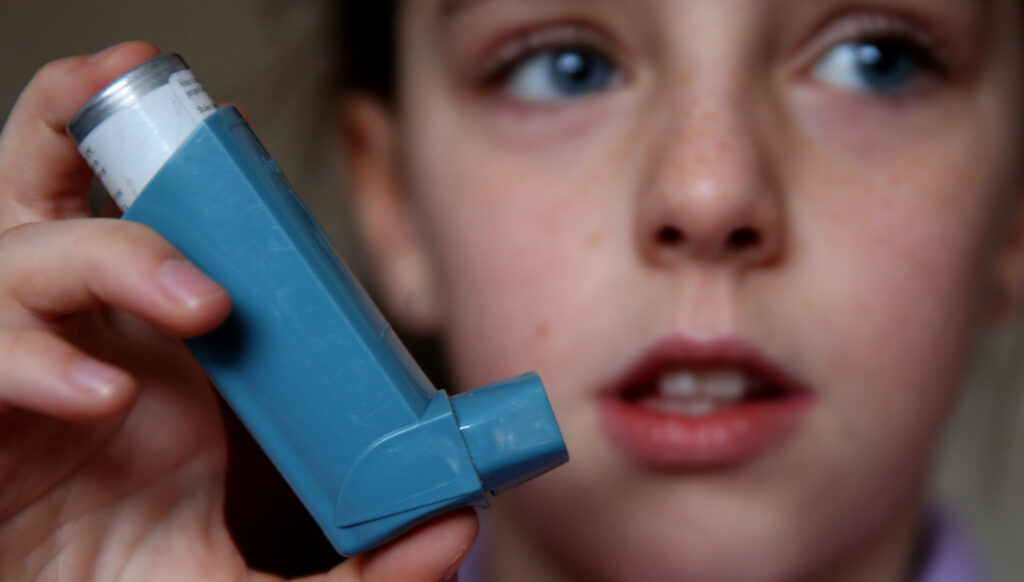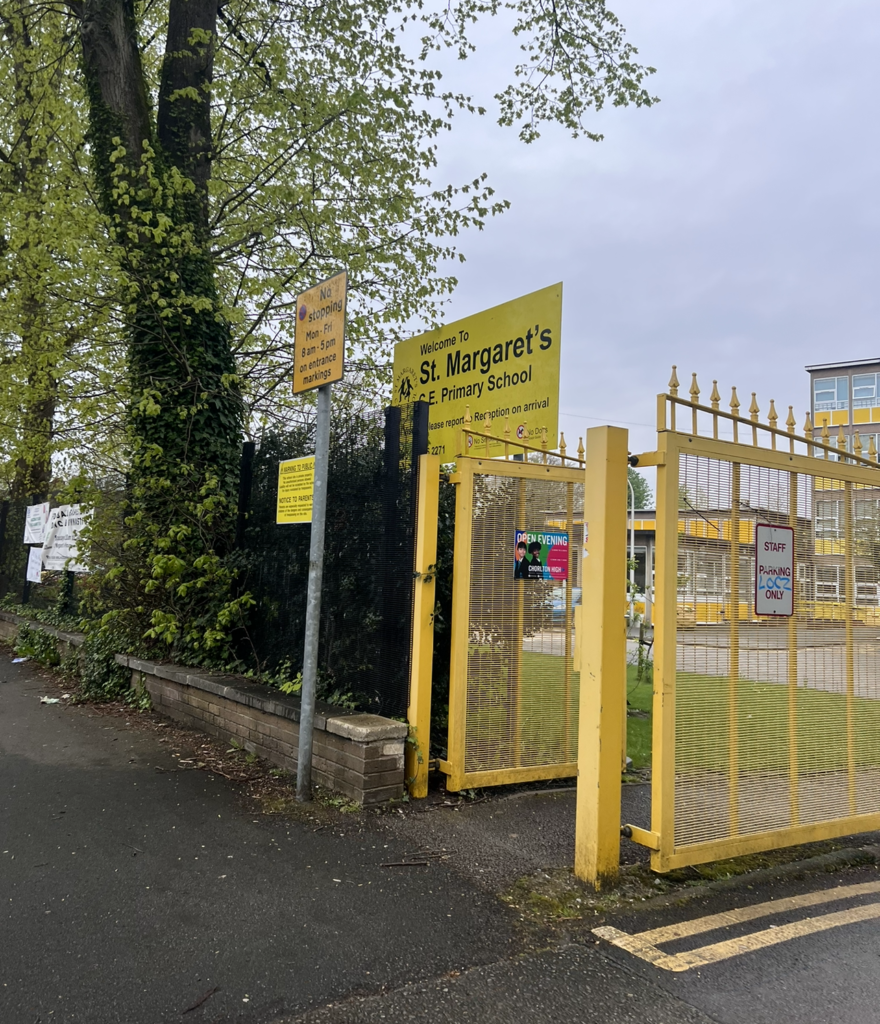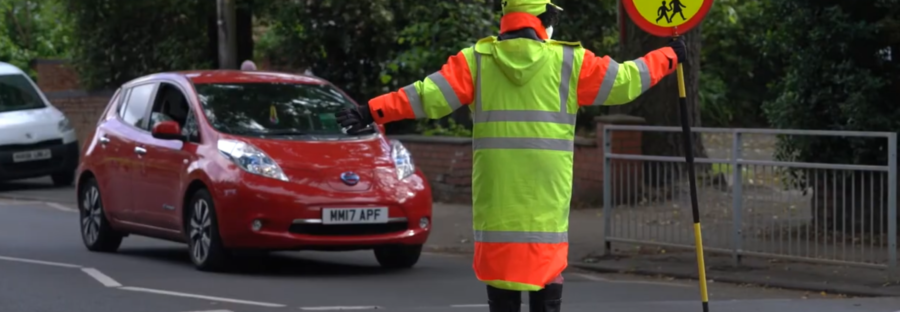Whalley Range demands clean air after ‘alarmingly poor’ air quality
- Nearly nine in 10 new schools exceed the World Health Organisation (WHO) targets for major air pollutants
- Local groups and schools in Whalley Range stress the importance of taking additional steps to improve air quality
- 1 million children in the UK are now receiving treatment for asthma.
Whalley Range residents are taking action due to ‘alarmingly poor‘ air quality around schools, causing major concern for children’s health.
Researchers found that 86% of schools exceeded all three WHO targets, and all 147 tested schools surpassed at least one in England.
The WHO global air quality guidelines state that average PM2.5 concentrations should not exceed 5µg/m3.
‘We deserve clean air, it is a human right.’
A representative from ‘Let’s Talk Clean Air in Whalley Range’, Judith Emmanuel
The study found that average PM2.5 readings across all school locations were more than double the WHO’s recommendations.
Air pollution causes 1/3 of deaths
Greater Manchester’s Director of Public Health for Air Quality, Eleanor Roaf, said:
“We estimate in Greater Manchester that air pollution is the biggest environmental cause of poor health. Up to 1,200 deaths each year are contributed to by poor air quality.”

Furthermore, fine particulate matter (PM2.5) can penetrate through the lungs and bloodstream, causing health problems such as stroke, lung cancer and asthma.
The findings, published in the Archives of Disease in Childhood, suggest that children are more vulnerable to air pollution’s “harmful effects” as their bodies are still developing.
Whalley Range has had enough of poor air quality
In response to this pressing issue, Whalley Range residents have started ‘Let’s Talk Clean Air in Whalley Range‘ to create solutions.
Over 30 organizations have signed up for the ‘Let’s Talk Clean Air in Whalley Range’, implementing workplace programs and setting targets for improving air quality.
Judith Emmanuel, a representative from ‘Let’s Talk Clean Air in Whalley Range’, said: “We are doing everything we can, but there is still a long way to go to give the people the clean air they want and need.”
The group is hosting local workshops to raise awareness about clean air ahead of ‘Clean Air’ Day on June 20th.
St. Margaret’s C Of E Primary School
A general practitioner tested the air quality near St. Margaret’s C of E Primary School, revealing a level of 101.
Parents and teachers were concerned about the ‘very high’ levels of air pollution, as prolonged exposure can lead to health issues.
David Hunter, the headteacher at St. Margaret’s C Of E Primary School, said: ‘The results made us realise that this is a problem, and we need to do something about it.’

According to Public Health England, Greater Manchester has the highest proportion of children under 19 being hospitalised for asthma.
Continual efforts to improve air quality
St. Margaret’s C Of E Primary School has used several methods to improve air quality, such as creating a walking bus and closing roads.
Mr Hunter said: “We have done everything we can as a school, but we need help from the government to make long-lasting changes, like creating a non-idling policy around schools.”
There are four walking buses, led by parent volunteers, every Friday, rain or shine.
Jackie Hanrahan, a walking bus volunteer, said: “We first got involved in the walking buses because the traffic outside the school is horrendous, and it is unsafe for the children.”
“The school is doing so much work to care for the environment. I love being involved, and so do the kids. It is a worthwhile project.”
The walking bus has been successful as it has incentives for the children, motivating them to attend.
A mother at the school said: “I think the walking bus is amazing. Since my son has been involved, he is more mindful of the environment and the damage we are doing”
Additionally, the school has partnered with Walk Ride Whalley Range to promote active travel to school and raise awareness of air quality.
More changes and government support are essential to create a safer and healthier environment for all ages.


